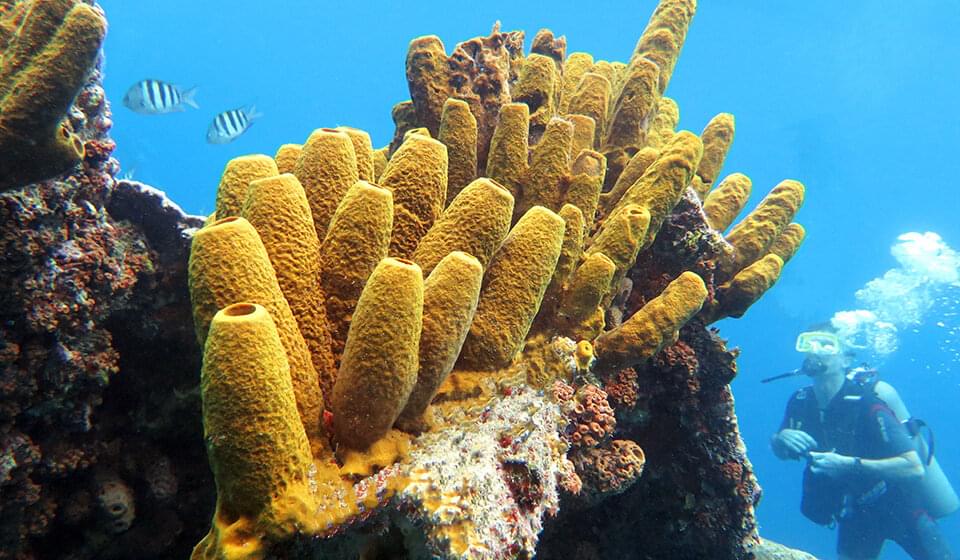A family of compounds called onnamides shows remarkable potential against the parasite that causes a neglected tropical disease.
Leishmaniasis, a neglected tropical disease prevalent across 90 countries, affects approximately 12 million people worldwide, with 350 million more at risk of infection. Caused by unicellular parasites known as Leishmania protozoa, the disease commonly manifests as skin sores that can develop into deep ulcers. Beyond the physical damage to the skin, leishmaniasis can leave permanent scars on patients’ faces, hands, and feet, often leading to social stigma and psychological trauma. Unfortunately, the disease predominantly strikes poor communities, where medical care is often out of reach.
